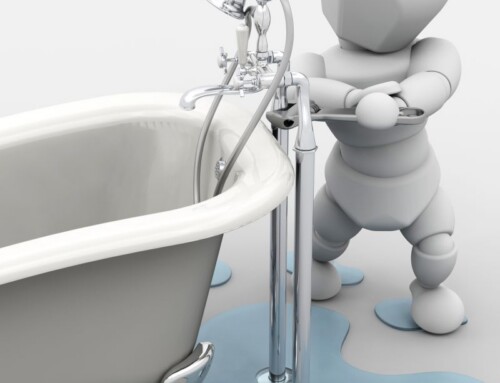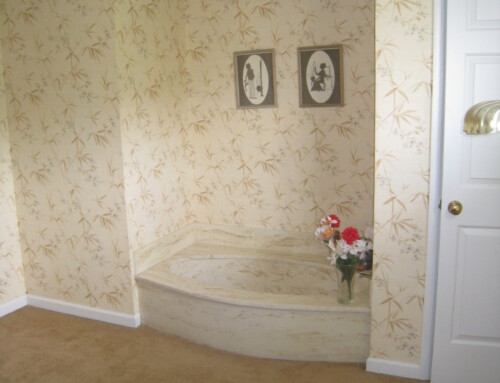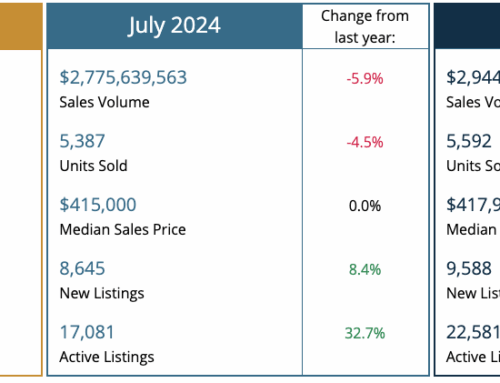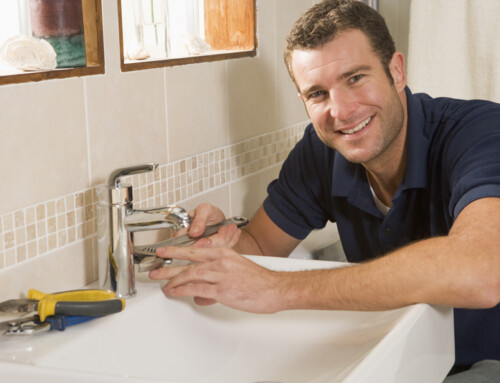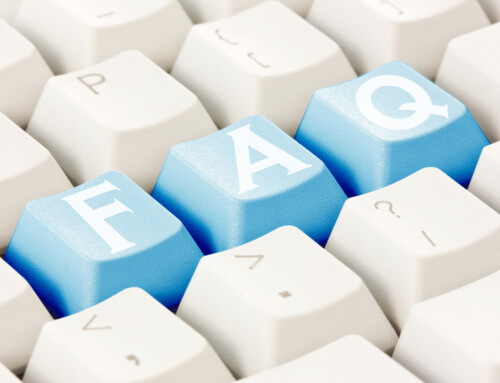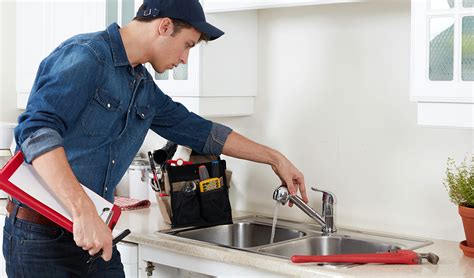
7 Critical Things You Find in a Home Inspection Report
7 Critical Things You Find in a Home Inspection Report
 Before you list your home or condominium for sale, it’s smart to have it inspected. By having your home pre-inspected, you can identify an issues that you as the seller can address NOW, and avoid those challenges when your it goes under contract and the Buyer has a home inspection. A home inspection tells you exactly what condition your property is in—and that helps set the right price and prepare for any buyer negotiations. Think of it as a “heads up” on what could derail your sale.
Before you list your home or condominium for sale, it’s smart to have it inspected. By having your home pre-inspected, you can identify an issues that you as the seller can address NOW, and avoid those challenges when your it goes under contract and the Buyer has a home inspection. A home inspection tells you exactly what condition your property is in—and that helps set the right price and prepare for any buyer negotiations. Think of it as a “heads up” on what could derail your sale.
If you’re selling a single-family home, inspections cover everything from the roof to the foundation. If you’re selling a condo, the process looks a little different. Inspectors still review your unit carefully, but they won’t be climbing up on the building roof or digging into shared systems—that’s usually the responsibility of the homeowners association (HOA). Still, what they do inspect inside your unit is just as critical.
1. Property Information
The inspection report starts with basic details—type of home, construction style, roofing, drainage, and building materials.
- For a house: This gives buyers a snapshot of what kind of property they’re looking at and what materials were used. It also helps with insurance and appraisals.
- For a condo: Reports focus on your individual unit—floor location, windows, interior systems—while things like the roof, exterior, and common plumbing stacks fall under the HOA. Buyers (or their lender) may want to see HOA docs regarding reserve funds for things like the building roof.
2. Pest Assessment
No one wants to buy a home with pests chewing through the walls. Inspectors keep an eye out for signs of rodents, termites, or other damage.
- For a house: Pest issues can mean serious structural problems in wood, crawl spaces, or attics.
- For a condo: Termites or pests are less common inside units, but inspectors still check for things like roaches and ants. Exterior termite control is usually handled by the HOA, but buyers will care about what’s happening inside your four walls.
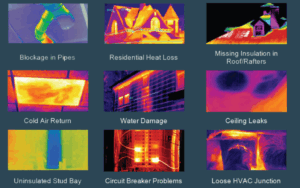 3. Images of Problem Areas
3. Images of Problem Areas
Inspection reports include photos with notes showing exactly where the issues are—things like water stains, cracks, or peeling paint.
- For a house: This can reveal bigger issues, like leaks in the roof or foundation cracks.
- For a condo: Expect more focus on the interior finishes—walls, ceilings, windows, doors—since common elements are the HOA’s responsibility. Still, buyers want to see proof of condition inside your unit. If you have any water stains on your ceiling, a Buyer will want to know if that is a previous condition and you just did not have the ceiling repaired, or is it some active problem from a unit above. (Note: if you did not have any previous damage repaired for whatever reason, be prepared for a Buyer to be asking for a financial consideration to have it done!)
4. Details About Defects
Reports don’t just show you problems, they explain them. Inspectors point out causes—poor construction, lack of maintenance, or just wear and tear—and suggest fixes.
- For a house: This might include siding repairs, roof replacements, or foundation work.
- For a condo: You’ll see things like caulking around tubs, leaking faucets, replacing worn carpet, or repairing drywall cracks. Big-ticket exterior repairs—roof leaks, balcony railings—fall back on the HOA.
5. Presence of Water Leaks
Water is one of the top red flags in any inspection. Mold, mildew, or stains all hint at leaks.
- For a house: Leaks could come from the roof, gutters, plumbing, or basement seepage.
- For a condo: Common problem spots are around windows, showers, or HVAC units. If the leak is coming from another unit above you or from a shared plumbing stack, that’s an HOA issue—but you still need documentation to protect yourself in a sale.
6. Air Quality
Inspectors also watch for things that impact air quality—gas leaks, mold, or poor ventilation.
- For a house: Radon, carbon monoxide, or damp basements are typical concerns.
- For a condo: Air quality issues usually come from HVAC systems inside the unit or ventilation problems in kitchens and baths. Inspectors may also flag odors or moisture that suggest potential problems. You should have your HVAC serviced BEFORE we list your condo so that we can identify any issues.
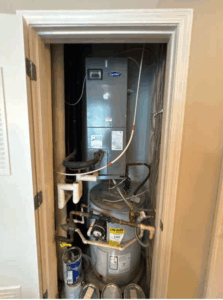 7. Electrical and Heating Systems
7. Electrical and Heating Systems
Finally, inspectors review the home’s core systems—wiring, panels, and HVAC.
- For a house: You may see outdated electrical panels, overloaded wiring, or old heating units. Repairs can be costly and must be brought up to code.
- For a condo: Inspections focus on the electrical panel inside your unit, outlets, light fixtures, and your specific HVAC system (if individually owned). Building-wide systems, like central boilers or chillers, fall under the HOA, but inspectors may note if your unit shows signs of related issues (like inconsistent heating/cooling). You should have your HVAC serviced BEFORE we list your condo so that we can identify any issues. Yes, I said that twice!!
In Conclusion
A home inspection is just as important whether you’re selling a single-family house or a condo. For houses, you get a full picture of the property top to bottom. For condos, inspections zero in on the interior of your unit, while anything shared—roof, exterior walls, elevators, plumbing stacks—comes down to the HOA’s maintenance records.
For sellers, an inspection gives you proof of condition and helps justify your asking price. For buyers, it highlights repairs you can negotiate before closing. Either way, the inspection report is a critical tool in making sure your sale or purchase goes smoothly.



